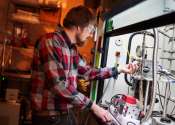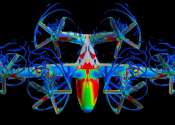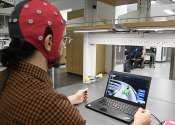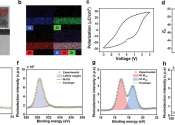Why won't some people use a smartphone? And is that difficult?
In a world where more and more services and social interaction are based on mobile apps, a smartphone has become close to a necessity. Despite this, some people avoid smartphones and instead use a dumbphone—a traditional ...
Apr 10, 2024
1
11









